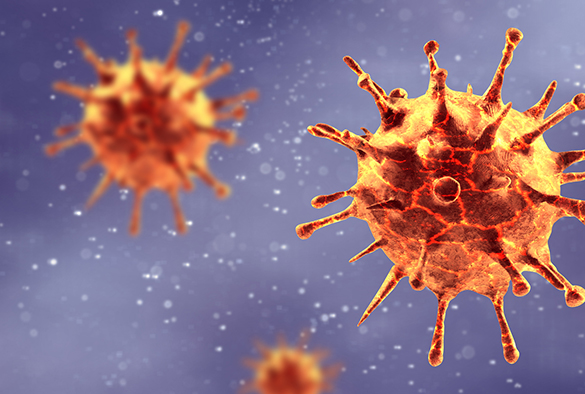Health inequality researchers to play key role in long COVID study

The University of Liverpool’s Applied Research Collaboration North West Coast (ARC NWC) will play a key role in a new clinical study of long COVID over the next two years.
The research consortium, led by University College London Hospitals NHS Foundation Trust (UCLH) and UCL, has been awarded £6.8 million by the National Institute of Health Research (NIHR).
As countries around the world struggle to cope and recover from successive waves of the pandemic, the research programme will inform medium- and longer-term policy and health system responses.
ARC NWC will be one of over 30 organisations working together under the banner of STIMULATE-ICP (Symptoms, Trajectory, Inequalities and Management: Understanding Long-COVID to Address and Transform Existing Integrated Care Pathways).
It is hoped that the programme will deliver knowledge to clinicians and scientists, evidence to policymakers, and improved care to patients, while collecting real-world data at scale.
Within the overall programme of research, a clinical trial will recruit over 4,500 people with long COVID, starting with six sites in Hull, Derby, Leicester, Liverpool, London (UCLH) and Exeter.
Individuals will be randomly assigned to usual care or a new pathway, including community-based, comprehensive MRI scan (using imaging technology called CoverscanTM developed by Perspectum) which can map the effects of COVID-19 on several of the body’s key organs) and enhanced rehabilitation (using a digital health platform called Living with COVID RecoveryTM developed by Living With).
Within this research programme, another trial will test different drugs, such as anti-coagulants and anti-inflammatories, to measure effects of three months treatment on symptoms, mental health, return to work and other important outcomes.
Professor Mark Gabbay, Professor of General Practice at the Institute of Population Health and Director of NIHR ARC NWC, said: “ARC NWC will be leading on a work package within STIMULATE-ICP to identify health inequalities around long COVID and how they can be overcome.
“As the ARC NWC specialises in applied health research and implementation, with a focus on reducing health inequalities, we are perfectly placed to lead this element of the study.
“We will seek to understand how the clinic caseload reflects, or not, local populations and prevalence of long COVID, what might be the barriers to referral and care, and how these can be overcome.
“We will work with patients, clinicians and academics collectively to co-research this huge public health challenge. We anticipate that the findings will have relevance above and beyond long COVID and potentially reduce health inequalities for other complex and chronic conditions.”
ARC NWC aims to improve outcomes for patients and the public; improve the quality, delivery and efficiency of health and care services; and increase the sustainability of the health and care system both locally and nationally.